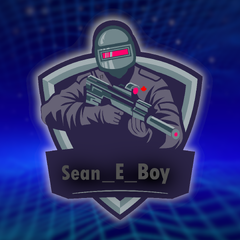Ubuntu on USB
-
Topics
-
0
-
2
-
0
-
Tydn12 ·
Posted in New Builds and Planning1 -
2
-
ID0 ·
Posted in Networking2 -
eviohh ·
Posted in Troubleshooting3 -
5
-
IhateAMDDRIVERS ·
Posted in Troubleshooting7 -
SashaSanguine ·
Posted in General Discussion6
-
-
play_circle_filled

Latest From ShortCircuit:
The World's Fastest CPU (Technically...) - Intel i9-14900KS














Create an account or sign in to comment
You need to be a member in order to leave a comment
Create an account
Sign up for a new account in our community. It's easy!
Register a new accountSign in
Already have an account? Sign in here.
Sign In Now